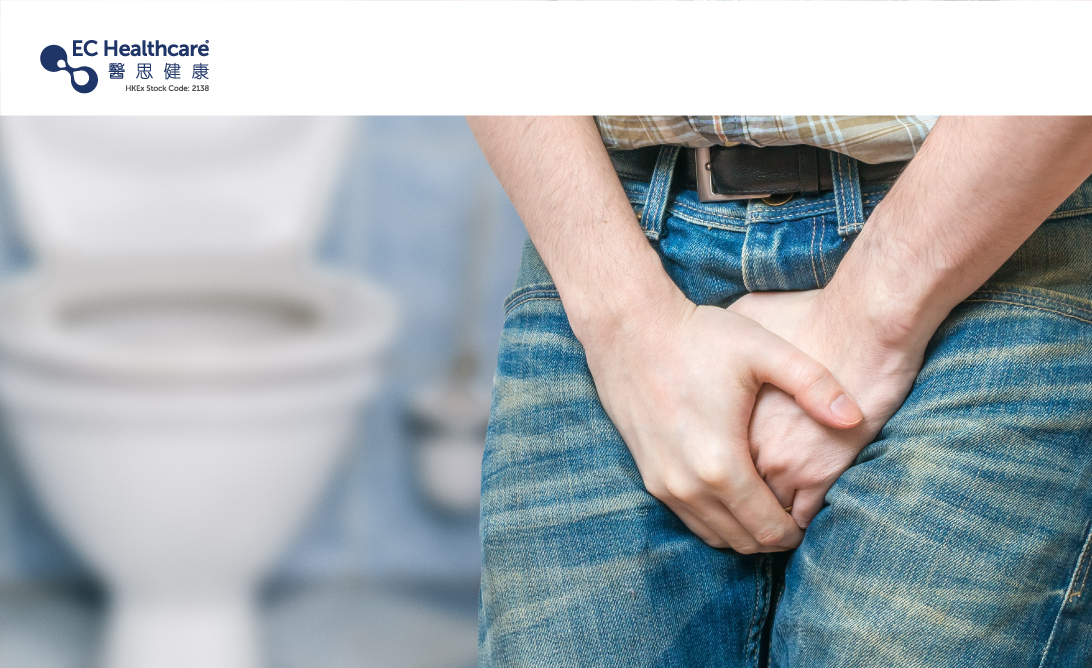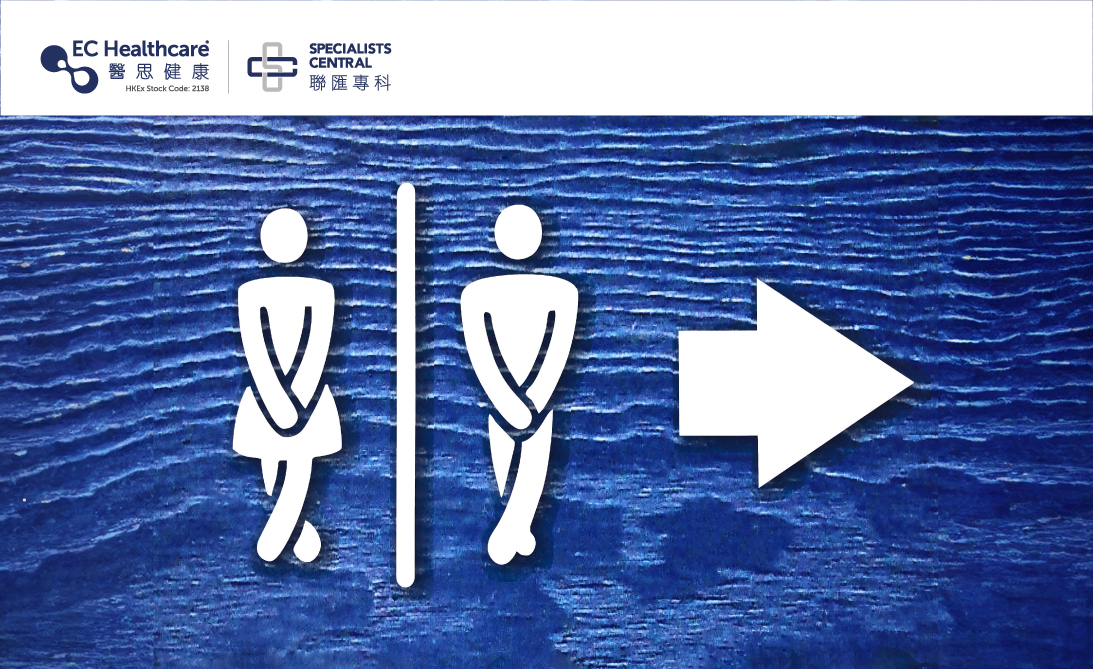Trouble Urinating? Here are 6 Reasons Why


Have you ever experienced this? You drink water all day and feel your bladder very full, but when you finally go to the bathroom, you feel like not completely emptying your bladder. Maybe you have to push really hard to urinate, or your stream is weak. What could be causing these urination troubles?
Urinary difficulties can be due to obstructive or non-obstructive causes. Obstructive causes are organic diseases in the bladder, bladder neck, or urethra that affect the discharge of urine. These diseases include urethral strictures caused by scarring of injured or inflamed urethral tissues during the healing process; bladder neck obstruction caused by stones, tumours, blood clots and foreign objects; enlarged prostate, prostate cancer, acute prostatitis, bleeding, abscess, and fibrosis compressing the posterior urethra. Non-obstructive causes are functional reasons such as neurological dysfunction or detrusor dysfunction.
Urinary difficulties can be caused by various reasons and display these common symptoms:
Urinary incontinence
Pain or a burning feeling when peeing
Weak or intermittent urine flow
A feeling of not emptying the bladder
Frequent urination especially at night
Blood in urine
These are the 6 most common causes of urinary difficulties:
1. Enlarged prostate
An enlarged prostate, also known as benign prostatic hyperplasia (BPH), is a common condition among old men that affects their urinary function. The prostate is located below the bladder and surrounds the urethra, which is the tube that carries urine from the bladder to the outside of the body. When the prostate enlarges, it exerts pressure on the urethra and causes difficulty in urination, pain, a burning sensation and frequent urination. If left untreated in the early and intermediate stages, it can result in urinary retention in the late stages, which makes the patient unable to empty their bladder and even damages their kidney function. In the most severe cases, it can lead to uremia.
2. Bladder stones
When patients have conditions such as an enlarged prostate, neurological diseases (such as stroke and spinal cord injury), kidney stones and cystitis, or have installed an indwelling urinary catheter, it may trigger the formation of bladder stones. Bladder stones are hard deposits forming in the bladder, and they can cause pain, a burning sensation, and difficulty urinating. Bladder stones are more common in men and are often associated with urinary tract infections (UTIs).
3. Acute bacterial prostatitis
Acute bacterial prostatitis is a common cause of urinary difficulty in men. It’s often caused by factors such as urinary reflux, long foreskin, anal sex, UTIs, epididymitis, urinary catheterisation, and transurethral surgery, which increase the chance of bacterial growth in the prostate. These bacteria can cause inflammation and swelling of the prostate, which can then block the urethra. The symptoms of acute bacterial prostatitis include fever, chills, lower back or abdominal pain, and pain or a burning sensation during urination.
4. Diabetes
Diabetes can damage the nerves that control the bladder, leading to various urinary problems including trouble passing urine. Diabetes patients are also more prone to UTIs, which can also cause difficulty in urination. Some diabetes patients may develop neurogenic bladder, which is caused by nerve damage due to high blood sugar levels. This makes patients feel like urinating but are unable to do so.
5. Medications
Some medications have the side effect of urinary difficulties. For example, antihistamines used to relieve allergic reactions like runny nose may contain pseudoephedrine, which can cause trouble urinating. Anticholinergics used to treat frequent urination and irritable bowel syndrome will block bladder contractions, leading to bladder retention and difficulty in emptying the bladder.
6. Complications after surgery
Some types of surgeries can also cause urinary retention in patients after surgery, making it difficult for them to urinate and also causing swelling and pain in the lower abdomen, as well as symptoms such as slow urine flow and reduced urine output. These surgeries include hip replacement surgery, spinal surgery, rectal surgery, urinary incontinence surgery, pelvic surgery in women, and hemorrhoidectomy.
If you experience urinary difficulties, it's important to see a doctor to determine the cause. Your doctor may ask about your medical history and symptoms and conduct a physical exam. They may also perform tests such as a urinalysis or a urine culture to help diagnose the cause. Difficulty in urination can be a sign of a serious condition, and early diagnosis and treatment can help prevent complications.







